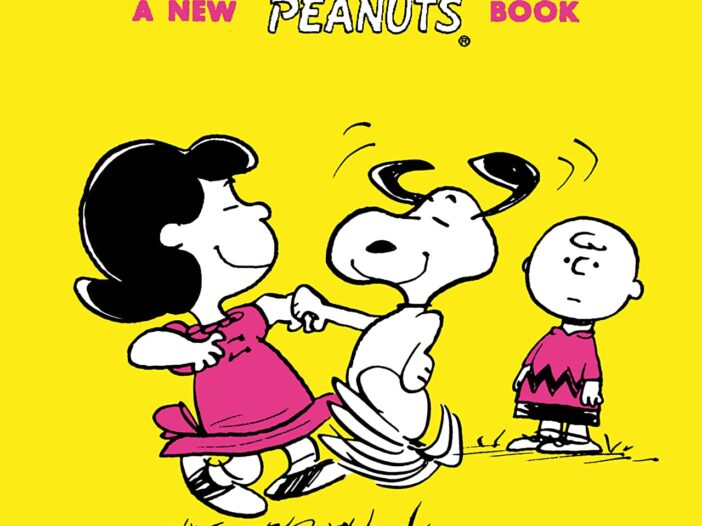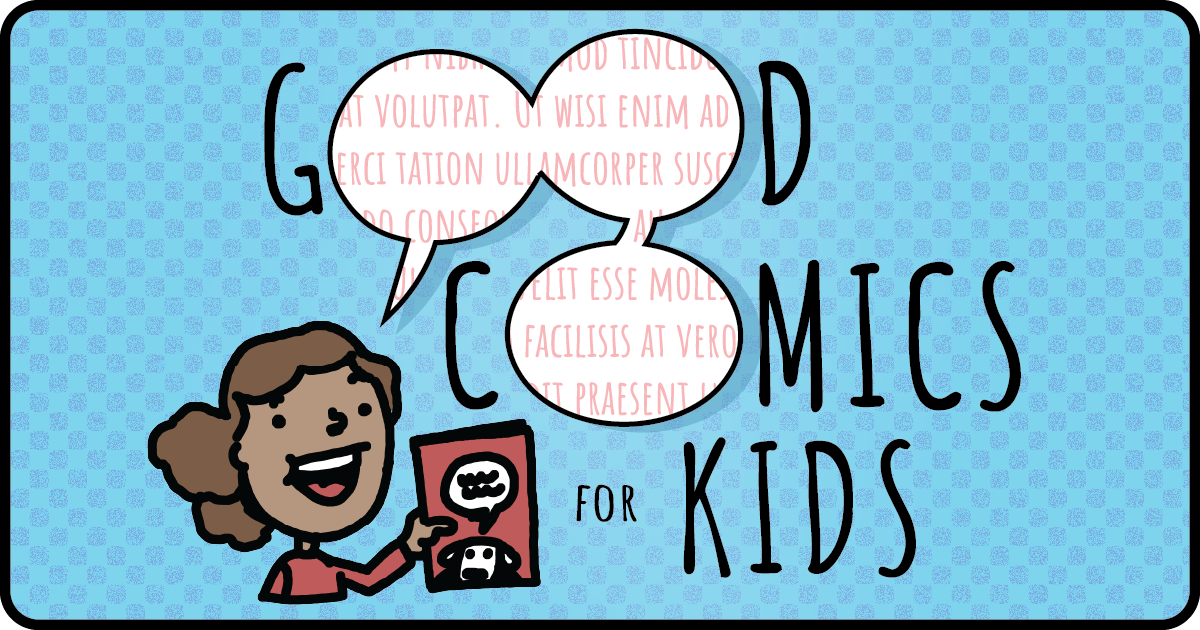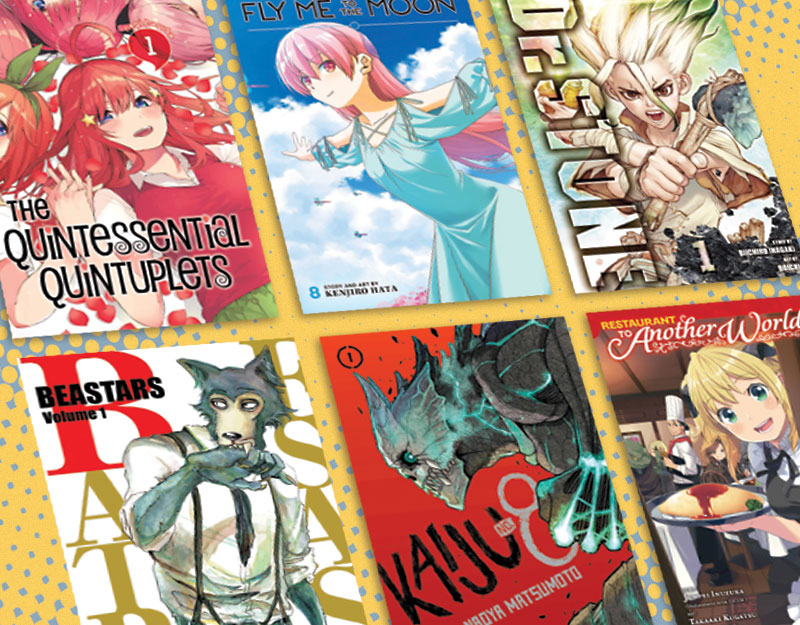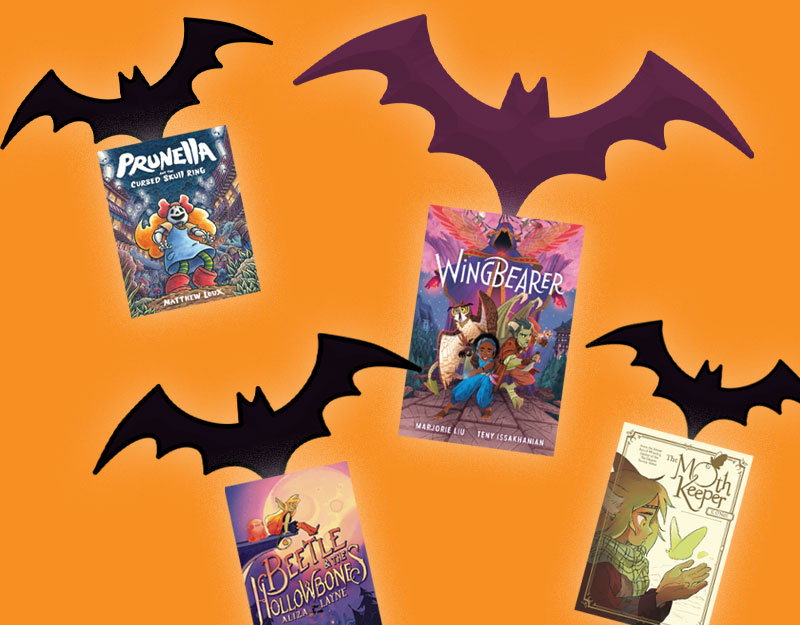
Sunday’s Fun Day, Charlie Brown | Review
 Sunday’s Fun Day, Charlie Brown
Sunday’s Fun Day, Charlie Brown
Writer/artist: Charles M. Schulz
Titan Comics, All Ages
One of the strips collected in Sunday’s Fun Day, Charlie Brown, the latest of Titan Comics’ facsimile editions of the original 1960s Peanuts paperback collections, features an uncharacteristic notation of time.
“I’ve been keeping track on this calendar since Tuesday, Dec. 8th, 1959!” Linus excitedly explains to his sister Lucy. “Remember that day? You threw an apple core at me. Since then you have gone one thousand days without failing to be crabby!” After going on for several panels, he presents her with a commemorative scroll and shakes her hand. (The punchline? A rattled Lucy comments to herself, “One rarely gets a chance to see such carefully prepared sarcasm!”)
ADVERTISEMENT
ADVERTISEMENT
Were it not for the intrusion of an actual date puncturing the timelessness of Charles Schulz’s Peanuts strips, there would be little evidence of the great age of this book’s contents. Sure, Lucy is able to purchase something from a candy store for a penny in one strip, and the few strips featuring telephones show cords attached to the receivers, but other than that, a young reader would have little reason to guess that these strips are positively ancient, having been originally published between 1962 and 1965.
That is, of course, a peculiar magic of Schulz’s Peanuts, and a testament to the appeal of his characters, the comedic scenarios they appear in, and the great skill with which he executes his gag strip. Read a few decades into the 21st century, many of his strips seem just as fresh and vital as if they were just drawn the day before, rather than decades previously.
Many of the expected running gags appear. Lucy promises not to pull the football away from Charlie Brown and then does so at the last minute. Charlie Brown visits Lucy’s psychology stand, where she promises mental health services for the price of a nickel. Snoopy tries to separate Linus from his blanket. Charlie Brown’s baseball team never seems to win a game, perhaps because he is the only one on the team he manages that takes the sport remotely seriously. And so on.
As often as he returns to the same set-ups, Schulz rarely seems to repeat himself. Charlie Brown might end up on his back every time Lucy pulls the football away from him, for example, but the reason he decides to take her word for it that she won’t pull it away changes each time.
There is obviously a near-universal appeal to many of these situations—running gags become running gags for a reason, after all—but there is, as ever, more to Peanuts than its gags. The characters are complex, and they are defined by their relationships to one another and by the living of life in general, rather than by pop culture or passing fashions. That’s why a joke scribbled onto Bristol board in 1962 was still funny in 1982, 2002, and 2021.
As the title alludes, these comics were all originally Sunday strips. As such, they transfer quite well to the collected paperback format, with each page featuring its own discrete 9-12 panel story.
They’re perfect for casual reading for readers young and old…as they have been for generations now.
Filed under: Reviews
About J. Caleb Mozzocco
J. Caleb Mozzocco is a way-too-busy freelance writer who has written about comics for online and print venues for a rather long time now. He currently contributes to Comic Book Resources' Robot 6 blog and ComicsAlliance, and maintains his own daily-ish blog at EveryDayIsLikeWednesday.blogspot.com. He lives in northeast Ohio, where he works as a circulation clerk at a public library by day.
ADVERTISEMENT
ADVERTISEMENT
SLJ Blog Network
One Star Review, Guess Who? (#202)
Review of the Day: My Antarctica by G. Neri, ill. Corban Wilkin
Parsing Religion in Public Schools
Take Five: LGBTQIA+ Middle Grade Novels
ADVERTISEMENT







